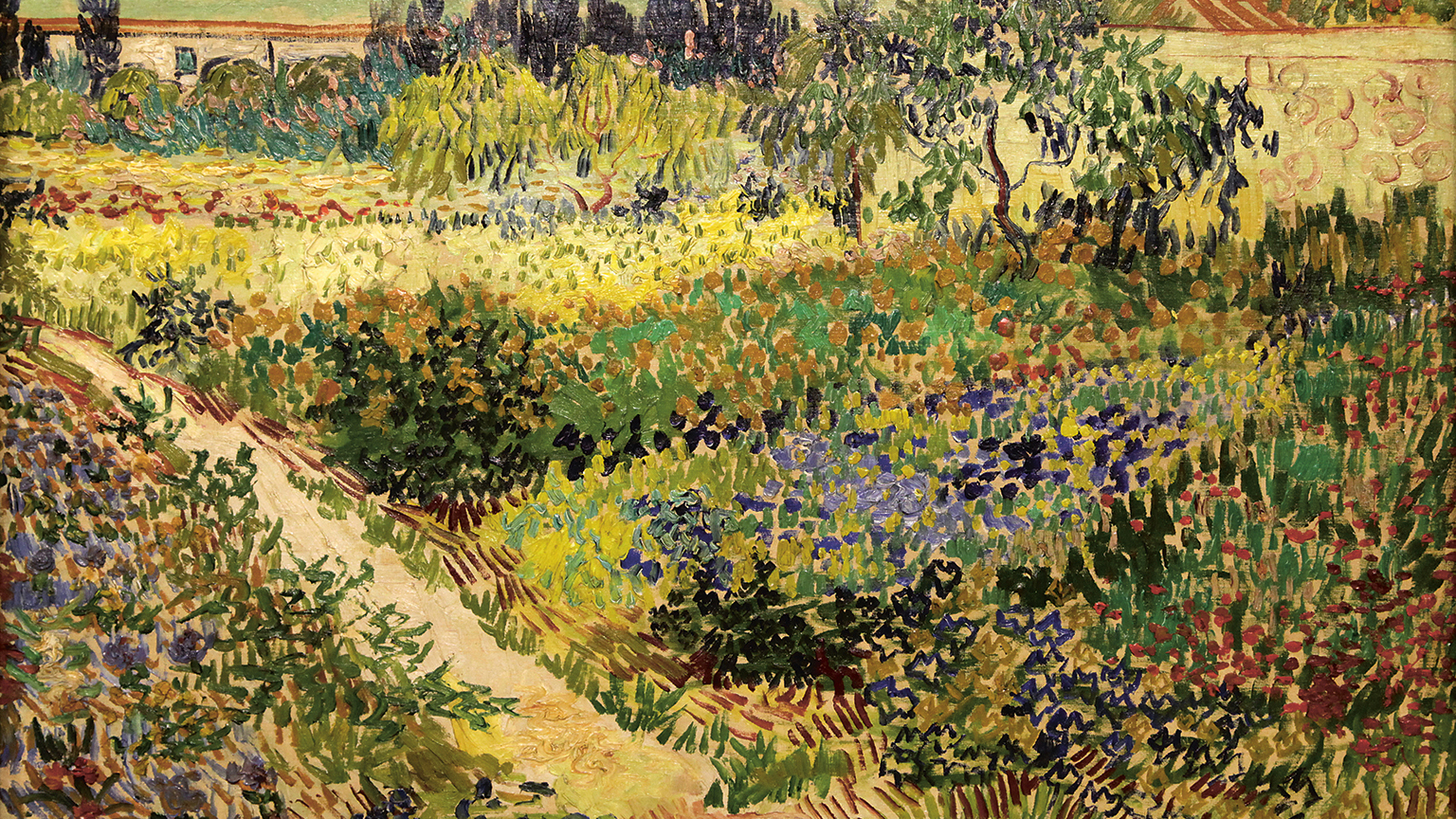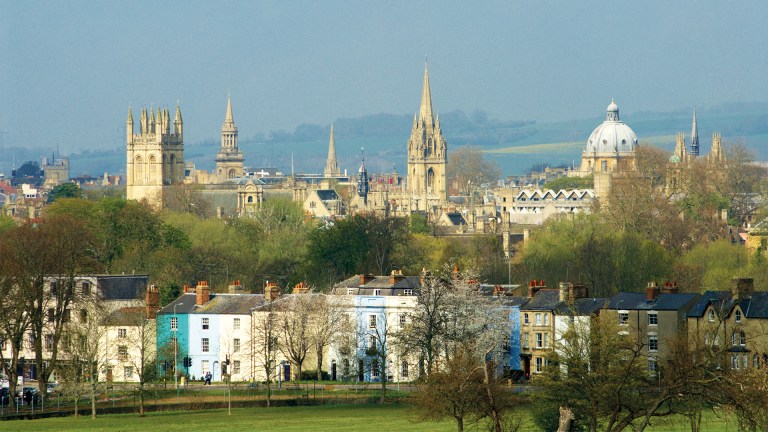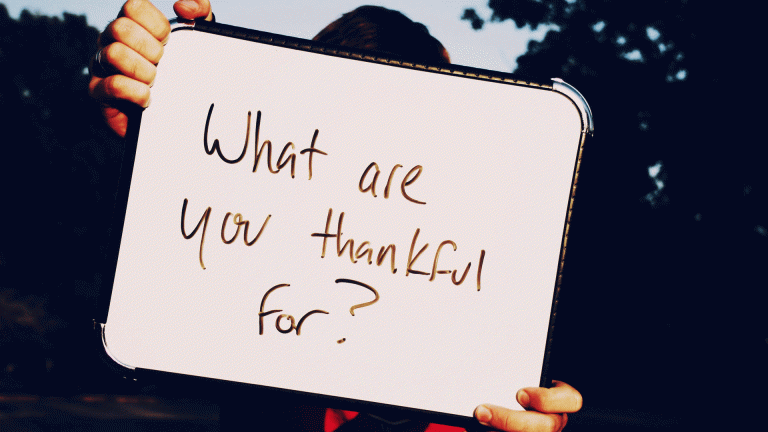The daffodil and the snowdrop are probably more relevant this year than any year since the end of the Second World War. We’ve been through the trauma times. We now need to feel that we can rebound, rise again, have fun again. Hence nature’s harbingers of renewal.
I can still remember the strange feeling of walking across a bombsite in Bayswater in the early 1950s and seeing flowers growing in a destroyed garden. Nature had outwitted the Nazi bombs. It seemed strange that this was possible. I was such a strange boy anyway that I should have noticed this. I was always pointing stuff out to my exasperated mother, who did not want to hear one more of my observations as she battled with control over the four of us, all wanting to go in different directions.
I was reminded of this last week when a magazine arrived through my door from 1954. It was called Picture Show. I had looked up this now-gone magazine to refresh with my children what I was reading, or trying to read back in the Fifties. I saw the mag on sale for a few quid on eBay, and I made my first eBay purchase.
And there was a film I don’t remember made in 1954 about children playing on dangerous war sites. This was at an old US GI soldier base. Called Bang! You’re Dead, a boy finds a gun and fires it innocently at a man on a bike, who dies. Someone else is accused because of an argument over a barmaid in a local pub. It’s a simple post-war story appealing for us to understand our troubled children; surrounded as they are by the thinking and the debris of the recently ended war.
There are bound to be many emotional and mental scars from what we have been through, as with post-war children
The early Fifties was full of films about renewal after the disaster of war. War films dominated the entertainment landscape, and most of our playground games were about killing Nazis and overcoming the enemy.
I doubt if we will be making too many films about the pandemic with our children playing playground games about it. But there are bound to be many emotional and mental scars from what we have been through, as with post-war children.









